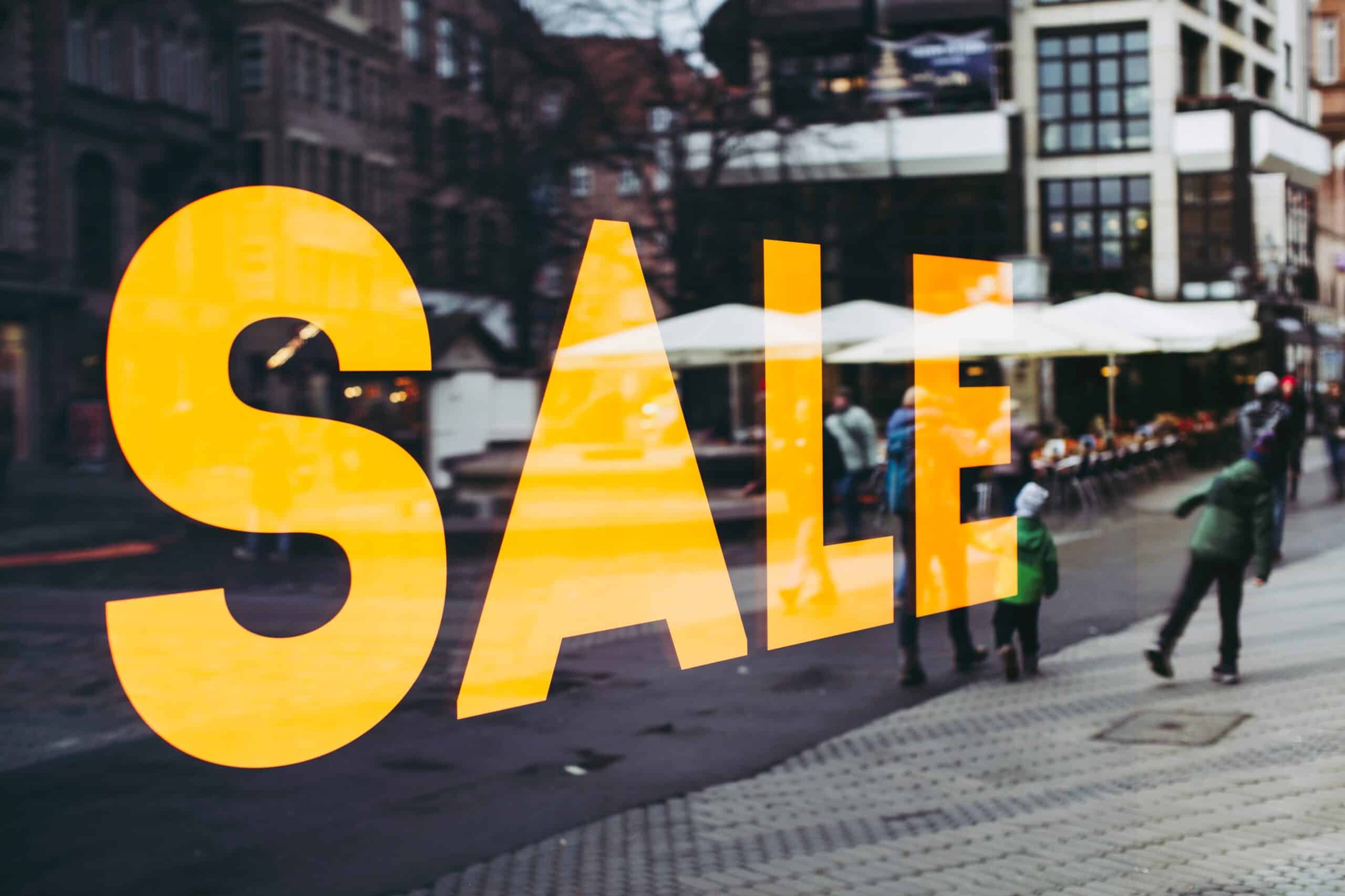It is hard to read what the cost-of-living crisis really means for ecommerce. On the one hand, consumer spending is down across the board, regardless of channel. On the other, ecommerce often offers a better way to hunt down a bargain and so has the potential to thrive.
Data out this week from Virgin Media O2 based on tracking data – all very creepy, but let’s not go there (in case they are tracking us) – reveals that, actually, it is the latter that is currently the dominant force in the UK. Consumers are spending less, but that means that they are looking for bargains and hence are heading online to search them out.
The other factor that the survey reveals is that part of this cost cutting sees them also taking advantage of continuing hybrid working and working from home to save a few Sheckles on commuting costs. They are also opting more to staycation for the same reason.
The upshot of this has been to give ecommerce a further boost. Working and playing at home has actually driven a small uptick in online shopping in the UK. It isn’t quite the surge seen in the pandemic, but it gives hope to those that rely on ecommerce for their revenues.
This anecdotal tracking evidence has been lent credence to some extent by this year’s Prime Day, which recorded its highest ever levels of sales, surpassing £1.2bn in two days – not bad for a recession.
Yet more evidence of this comes from the way sellers are starting to up the ante in attracting customers. UK marketplace OnBuy is also upping the ante, offering £10m of cashback to its customers in a move designed to drive up sales on its site at a time when consumers are, as the data shows, looking online for a good deal.
This bold marketing strategy also chimes with another trend that is starting to emerge in cash-strapped Britain – the demise of the high-end influencer. Shoppers may well be turning to online to look for bargains, but they aren’t doing so to try and create the lifestyles of the rich and famous influencers that once dominated social media marketing. Instead, they are looking for practical tips that can help them save money, ways to revamp and reuse goods and where to find ethical and often second-hand items.
Together, this shift to online bargain hunting, practical help and the rise of second-hand has the potential to drive growth for the smaller and more agile Growth 2000 retailers. Sure, the mighty Amazon has taken £1.2bn on Prime Day, but it is part of a wider shift to better value. Tapping into that can be a real growth driver – not least in the coming months as the economy starts (hopefully!) to improve.
It is also worth noting that there are other opportunities for growth out there too. A recent study suggests that cross-border ecommerce transaction values will grow by 107% globally over the next five years, while domestic ecommerce transaction values to grow by 48% over the same period, driven by ecommerce growth globally coming from the emergence of developing markets.
While shipping globally adds a layer of complexity to SME retailer operations, the rewards now look highly valuable and worth the effort. And much as it pains me to say it, new trade deals in Asia that are *whispers* the result of Brexit could well make this something that will start to have an impact on UK ecommerce in the near future.







